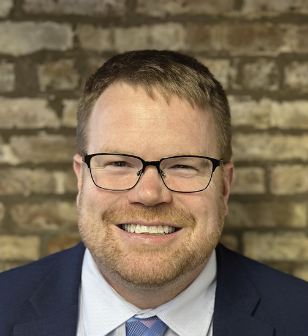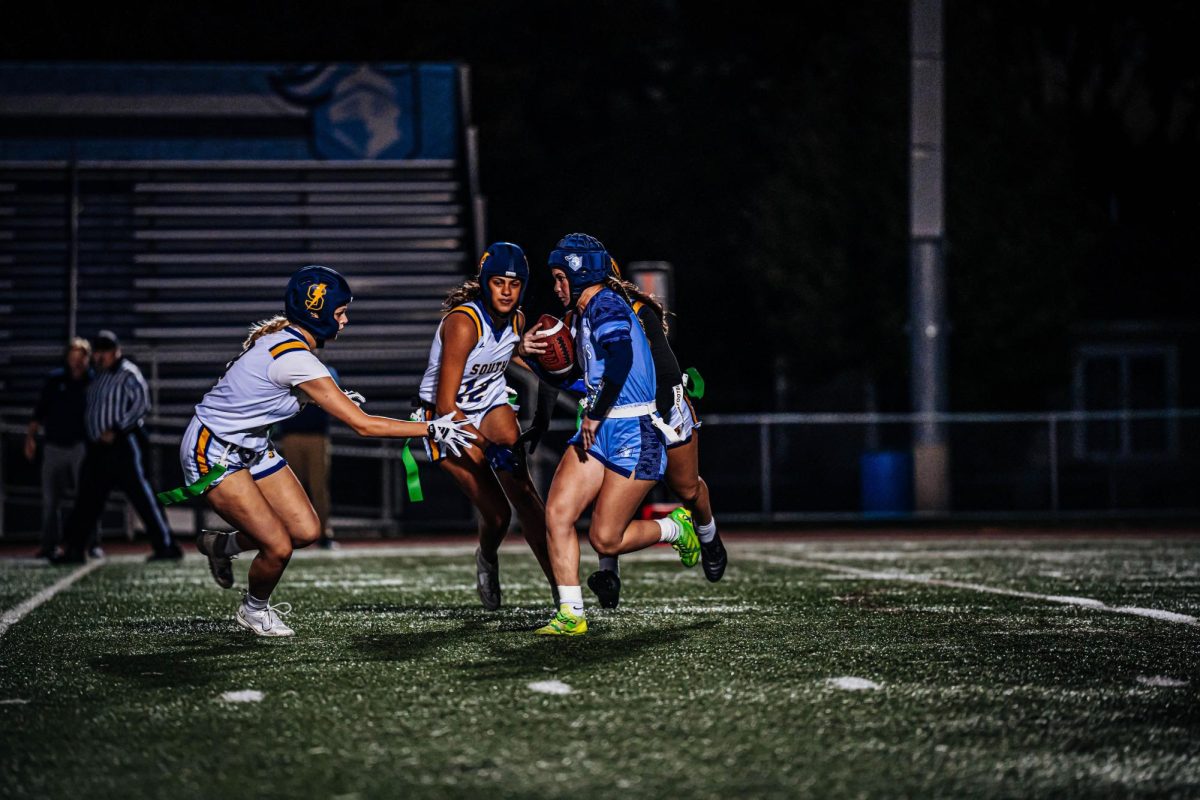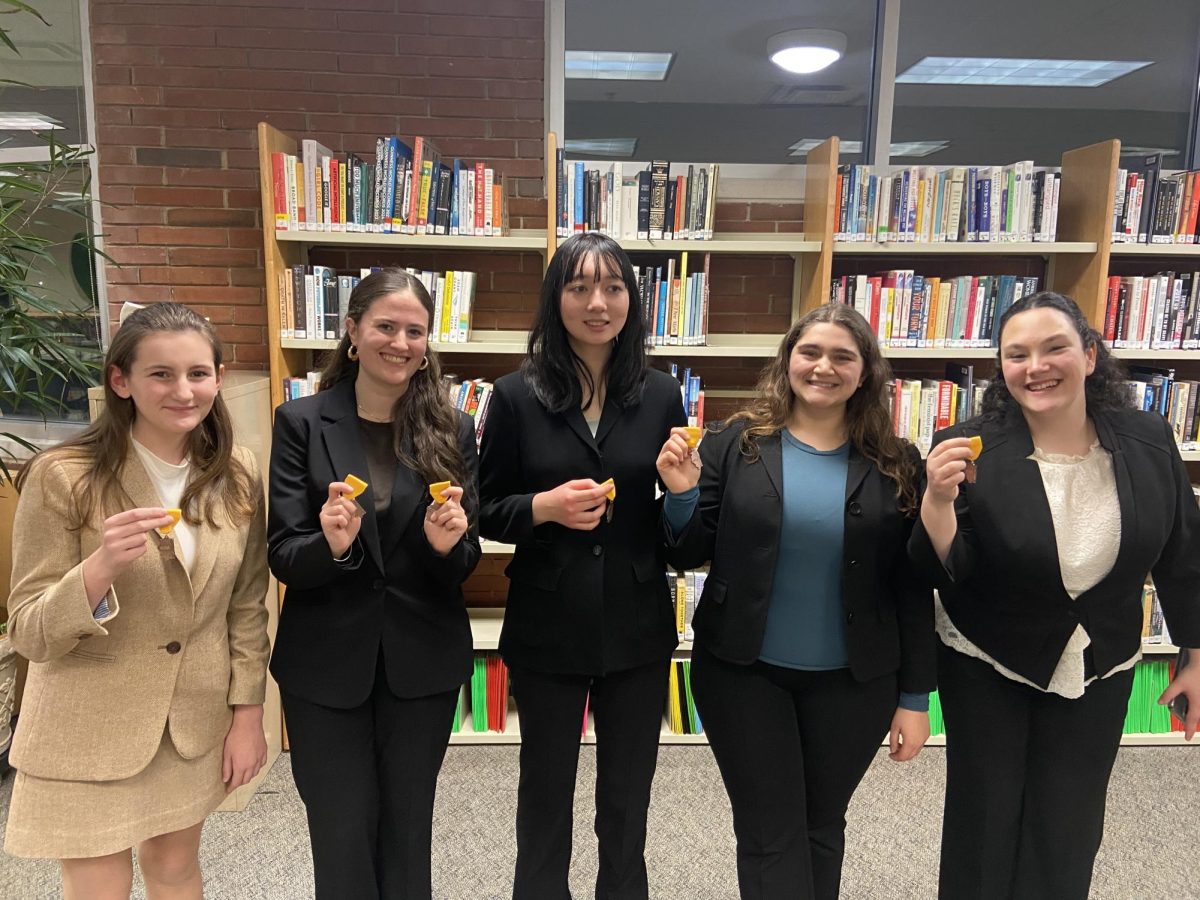What once was an idea became a club for junior Reese Dahlberg and sophomore Neyasa Jindal when they founded the Health Occupations Students of America (HOSA) Chapter at South this year.
HOSA is a club dedicated to helping students explore careers in the medical field, providing members with opportunities to participate in competitions and events related to science and health, Dahlberg said. With exam formats and hands-on presentations, they can test their knowledge and skills, she explained. This gives students a chance to develop their skills and prepare for future careers in healthcare, Jindal said.
“HOSA’s purpose is to introduce people who have an inclination towards the healthcare industry to subjects that are related and will help them further their passion,” Jindal said.
HOSA offers a wide variety of events for people to recognize both what they wish to do individually and learn from other like-minded thinkers, Jindal said. The selection of fields also allow students to hone their skills in something they are truly passionate about, Jindal said.
“I thought [HOSA] would be a good way to delve deeper into research in more medicine-related topics,” Jindal said. “[It’s] a great way for me to learn from others to create a sense of community with a joint common interest in the medical field.”
While South’s HOSA chapter is officially recognized by state HOSA officers, there is still an additional fee that needs to be paid in order to register them for competitions, Jindal explained. HOSA, although approved in November, also did not officially begin meeting until the second semester of this school year. With a late start, the club aims to begin competing next year.
Dahlberg believes the appeal of HOSA is the competition, which provides club members with a new view on the medical industry as a whole.
“I was a little bit nervous [to start HOSA] because [South] is a really big school, and there’s already so many clubs,” Dahlberg said. “But, I think the fact that we had that competition aspect made us unique. [The students] were really quick to accept it.”













